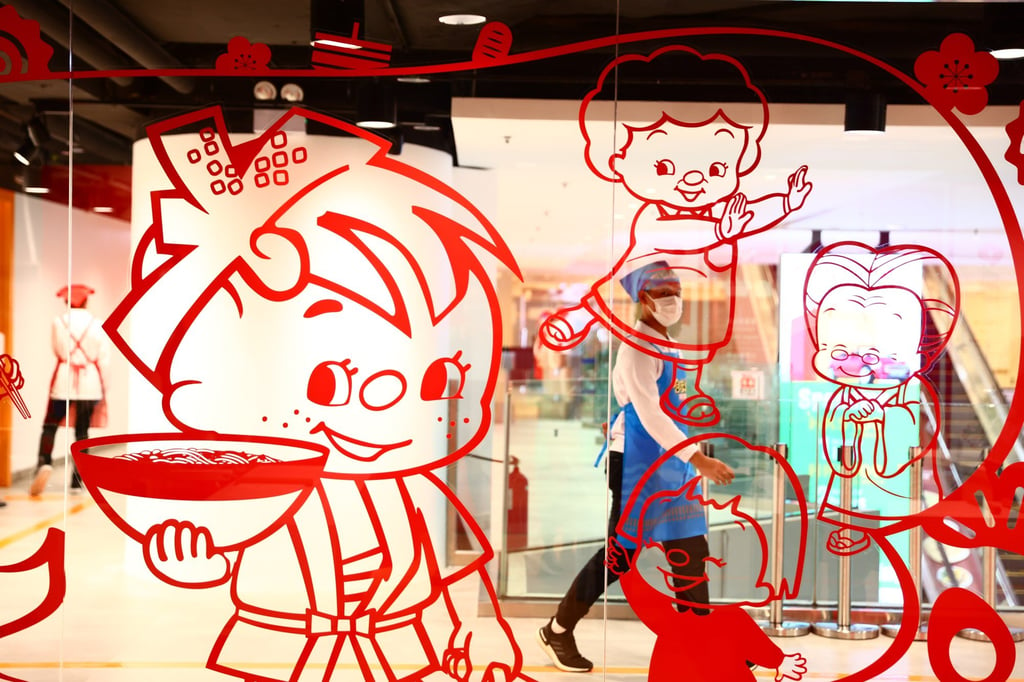Struggling Hong Kong malls roll out attractions such as Cupnoodles Museum, Lego playground in bid to lure families back amid pandemic
- Companies offering leisure attractions are eagerly snapping up cheap, big spaces vacated by luxury retailers hit by the Covid-19 crisis
- Rents in Hong Kong shopping malls are down by almost a half from their peak in the second quarter of 2018, according to Savills

Companies operating such attractions are only too happy to take advantage of the lower rents on offer, eagerly snapping up large spaces in a retail landscape that has seen an exodus of big names.
Japan’s Nissin Foods recently opened a vast Cupnoodles Museum, the first outside Japan, in the China Hong Kong City mall in Tsim Sha Tsui.
“Cupnoodles Museum is one of the most popular travel destinations in Japan, and we have been in search of an ideal location over the years to set up one in Hong Kong,” said Nissin Foods Hong Kong in an email.

It said the attraction – a 10,000 square-foot branded space which features workshops in which participants can create their own unique cup noodle – has been more or less fully booked since it officially opened on March 26.